Hello Hive
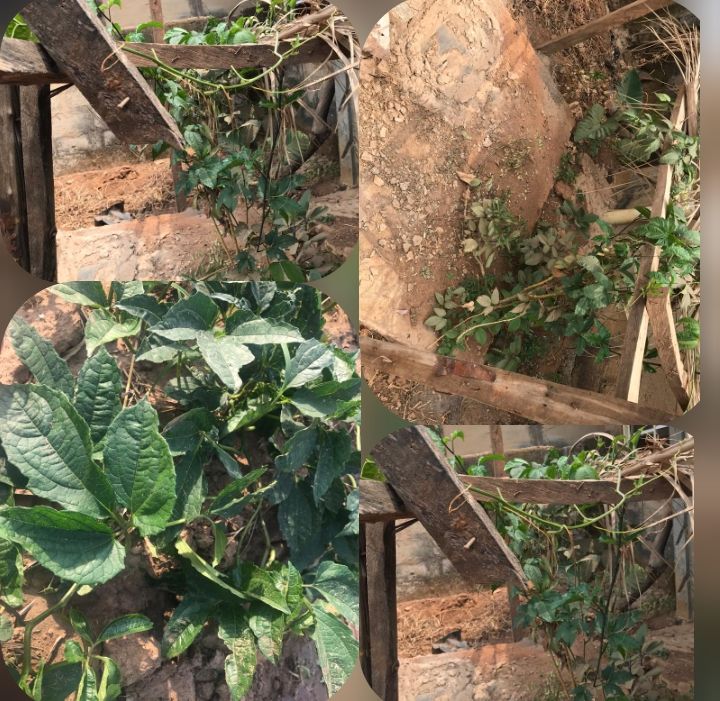
Happy Sunday to us all. I hope that we are all doing well in our health and making progress in all our endeavors. Recently I was sick too, but today I am completely up and grateful. I was even able to work and help out a neighbor with her garden veggies yesterday.
She was lamenting about how her fluted pumpkins have experienced stunted growth for a good while now as they refused to produce more veggies needed for food. Knowing fully well that I have vast knowledge of this, she has invited me over to check up on them.
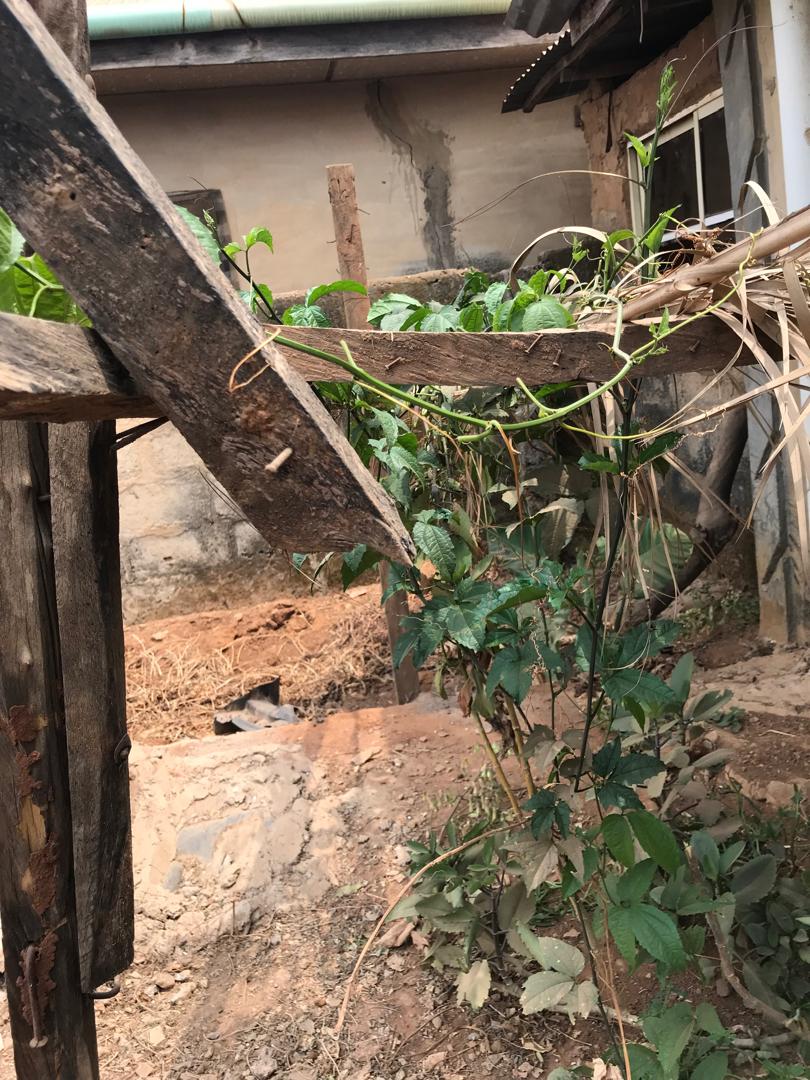
On reaching there, I realized that the veggies are actually doing well but that she may have planted the wrong species. Fluted pumpkins come in different species, and one of the distance differences is that we have the male (non-fertile species) and the female (seed-producing species). It is often difficult to differentiate these two unless it gets to the seed production stage; then we can identify the female if it produces the large seed pods.
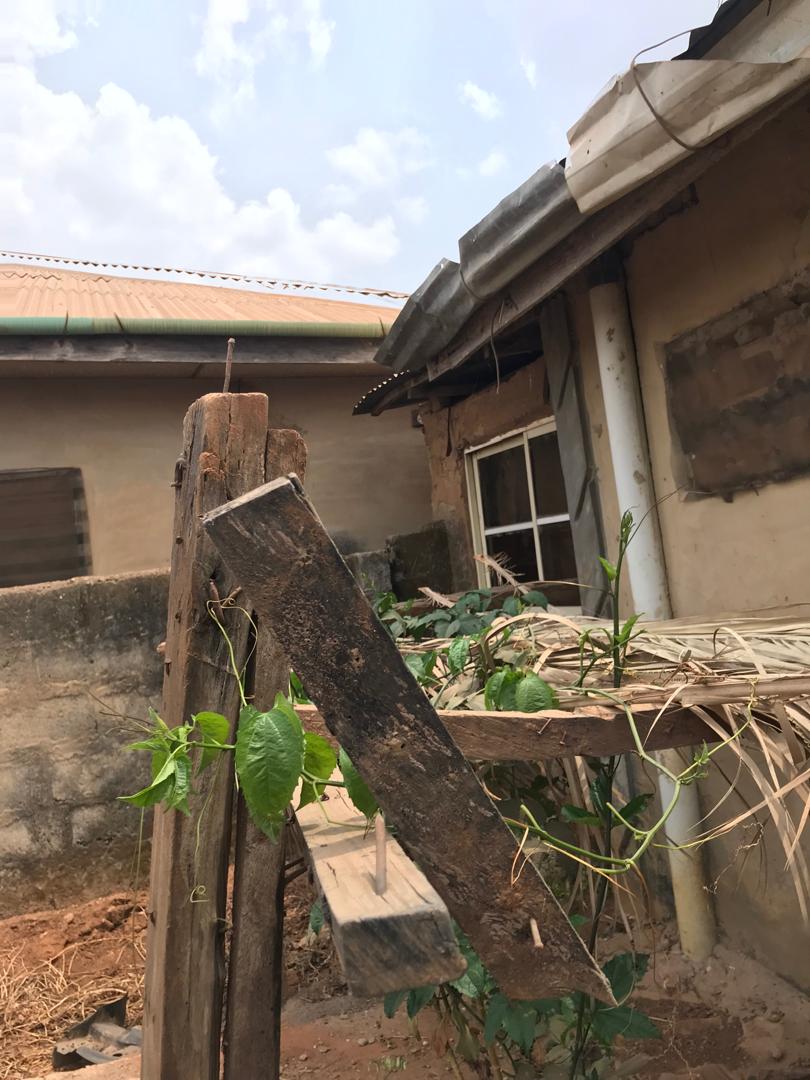
Some say that the male species also produces seed, which is why we still get its seed in the market as well, but I have never witnessed a male fluted pumpkin doing so before. All I have seen done during seed production is to produce a lot of flowers before dying off eventually.
The female types are the ones that produced more than the male types, and they also equally bear the seeds. These pumpkins are about 5 months old and have remained like this even though they have built a bridge for it to climb and watered it consistently. It is often difficult to differentiate the male and female species of fluted pumpkins unless you know which one wouldn't do well or not. So it is good to ask questions and be sure of the variety of species we would be buying before making a seed purchase.
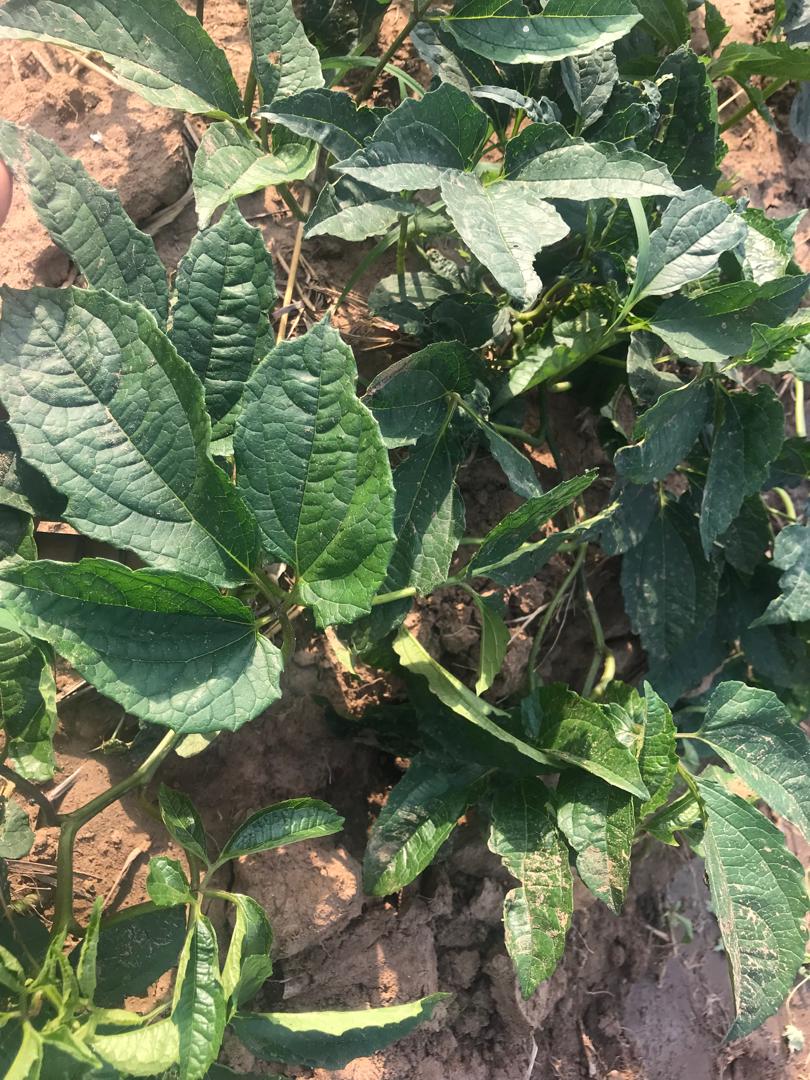
While planting the ones for the river bank we often carefully select the best seeds in order not to have these kind of experience since that one is grown for commercial purpose and a good amount of money is spent on purchasing diesel to pump water to the veggies.
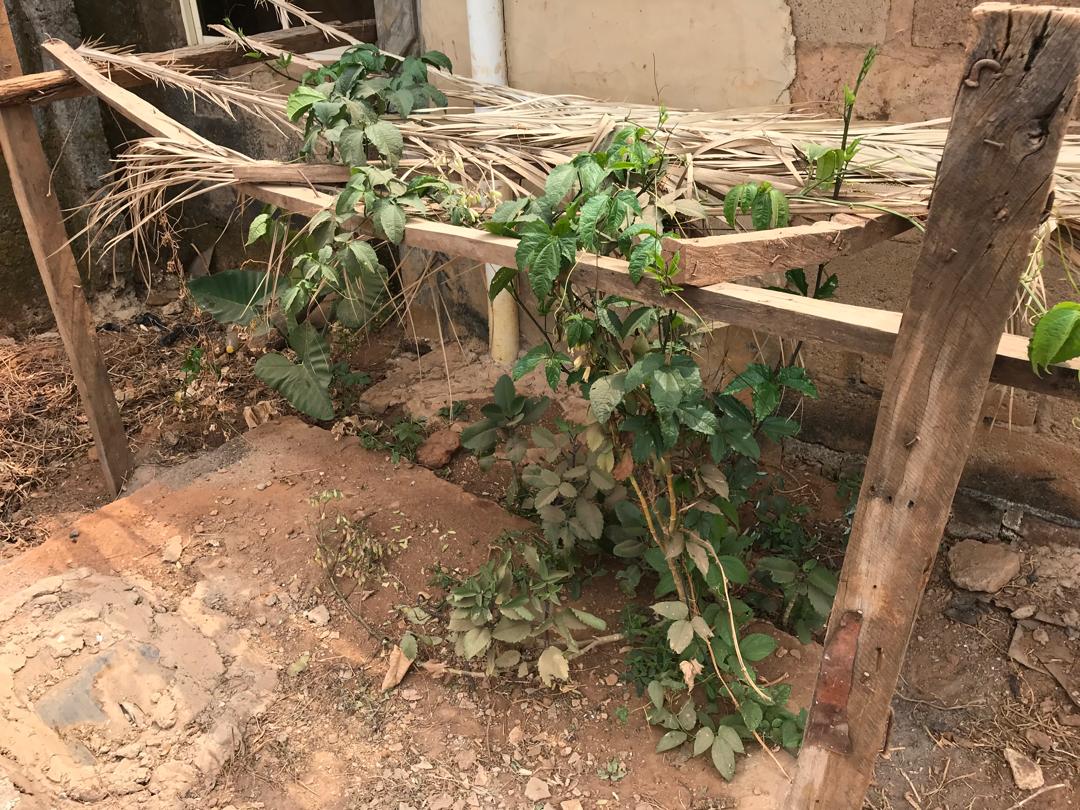
Another challenge could be that the soil if not fertile enough for its growth. Sometimes carrying out a fertility treatment. Treating the soil before planting seeds most times helps crops to do well rather than adding inorganic fertilizer treatment.
We would be watching and observing this for a while before taking further action steps on either to uproot and replant a better species or other potential solutions.
I showed her the importance of all these basic steps and how the fluted pumpkins planted by the riverbank have been producing massively, which we have been harvesting every now and then for sale.